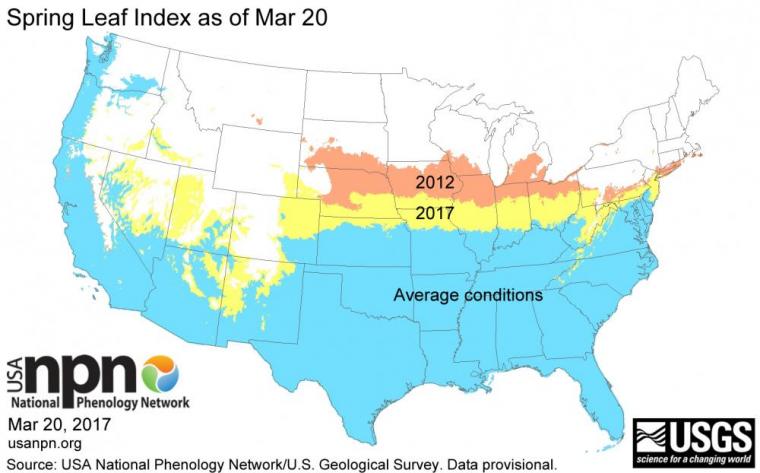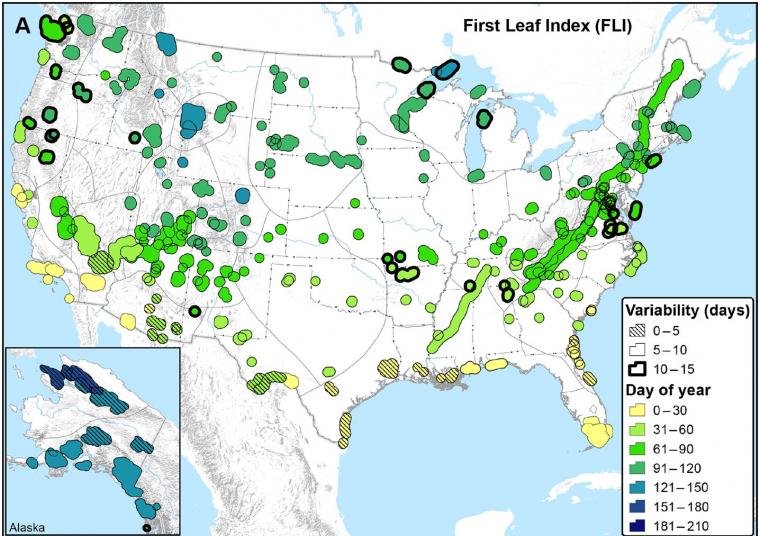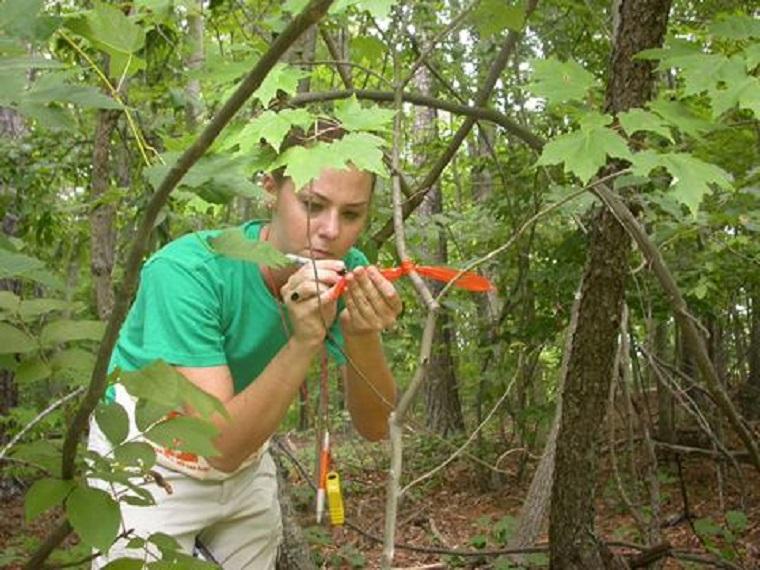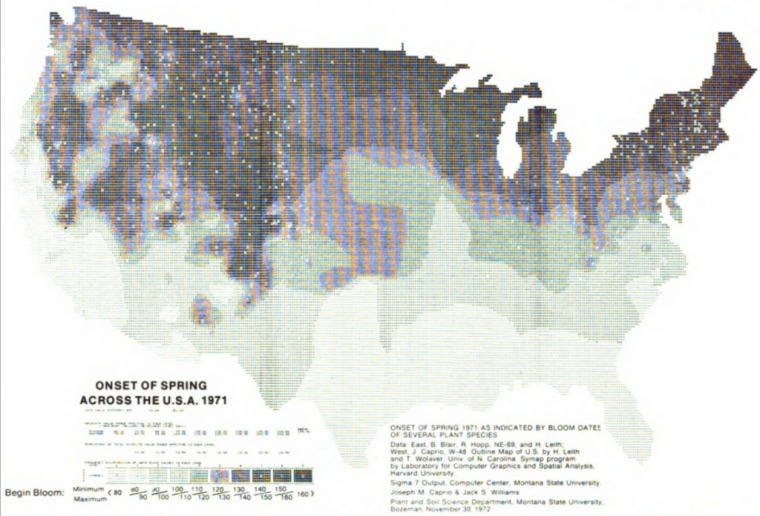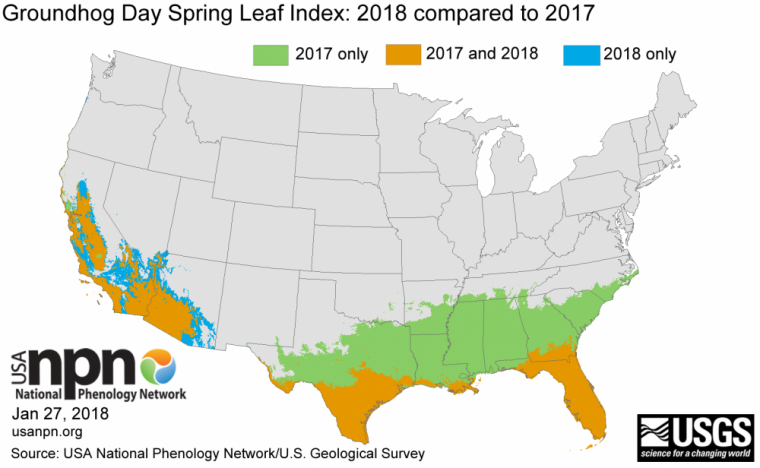
How will Punxsutawney Phil's predictions stack up to ours?
By Groundhog day in 2017, spring had arrived 3-4 weeks early across much of the Southeast. This year, it looks like we will not see a very early spring in the Southeast. However, we predict that by Groundhog day this year, spring will have spread even further into Southwest states this year than last.

